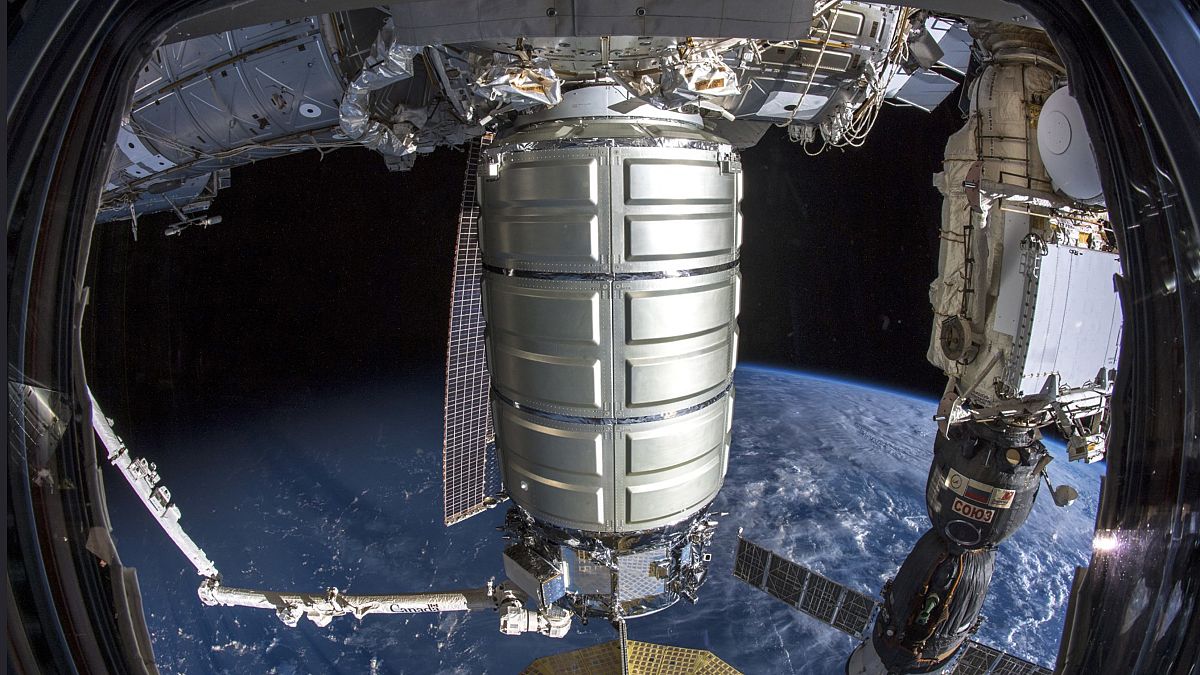Those include flagship operations like the global navigation satellite system Galileo and the earth-observation satellite system Copernicus.
Space: endless, fascinating and sucking up a lot of money.
The growing global space industry is big business. It's estimated to be worth more than 300 billion euros.
Over the decades, Europe has become more of a serious player in what is now a crowded field of competitors.
Total annual spending from the EU is at around 8 billion euro, but that's still half as the U.S.
Europe's expenditure is on par with China, three times bigger than that of Russia and six times bigger than India's.
Why is Europe's space activity so important?
Attending the annual European Space Conference in Brussels, is the EU's digital age czar Margrethe Vestager:
"It makes a lot of sense on the planet, on the ground. What we have seen is an enormously successful programme on budget, on time, delivering data that is useful in every-day life."
Rather than developing moon bases, Mars missions or space weaponry, Europe has focused on "consumer-friendly" space applications.
Those include flagship operations like the global navigation satellite system Galileo and the earth-observation satellite system Copernicus.
What else is in the pipeline?
Chiara Manfletti, President of Portugal Space says one emerging area is the field of space safety.
"This is about making sure that we are both protected from threats and hazards that originate in space, but also doing more in space. So we talk about space debris. And space debris is about tearing down the waste that we have in space," she explains.
One of the main challenges out there is the waste human's have sent into space. Disused satellites and and parts of rockets which continue to orbit. But Europe is now a big player and the roll could grow.
"If we join forces, Europe is very well positioned. If we don' t join forces, then we have an issue. So if you calculate all what we are doing not only money-wise, but if you sum up what we are doing in industry, in the European Union, in other European entities and the European Space Agency, then Europe is a very strong space power," Johann-Dietrich Wörner, Director General, European Space Agency (ESA) told Euronews.
